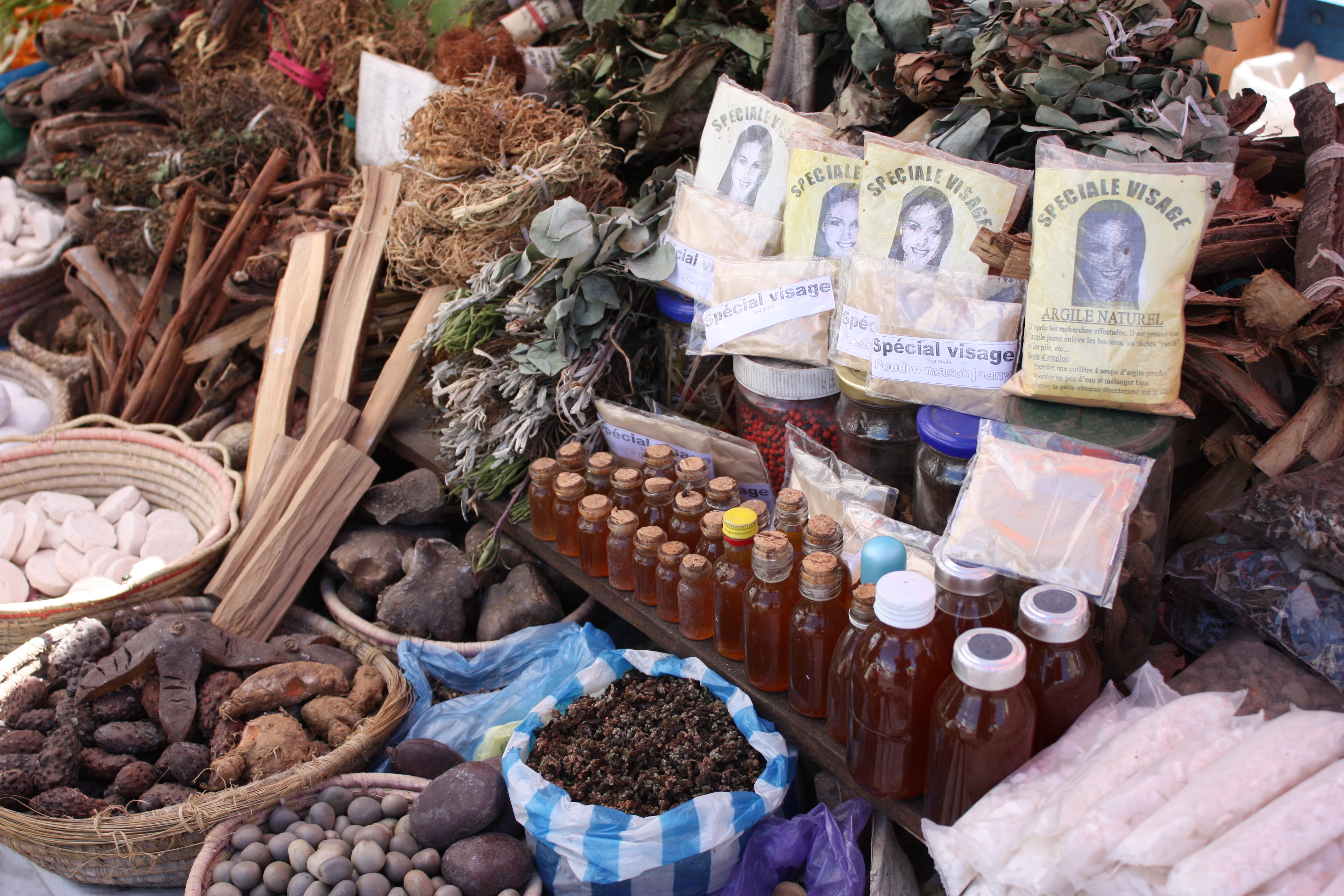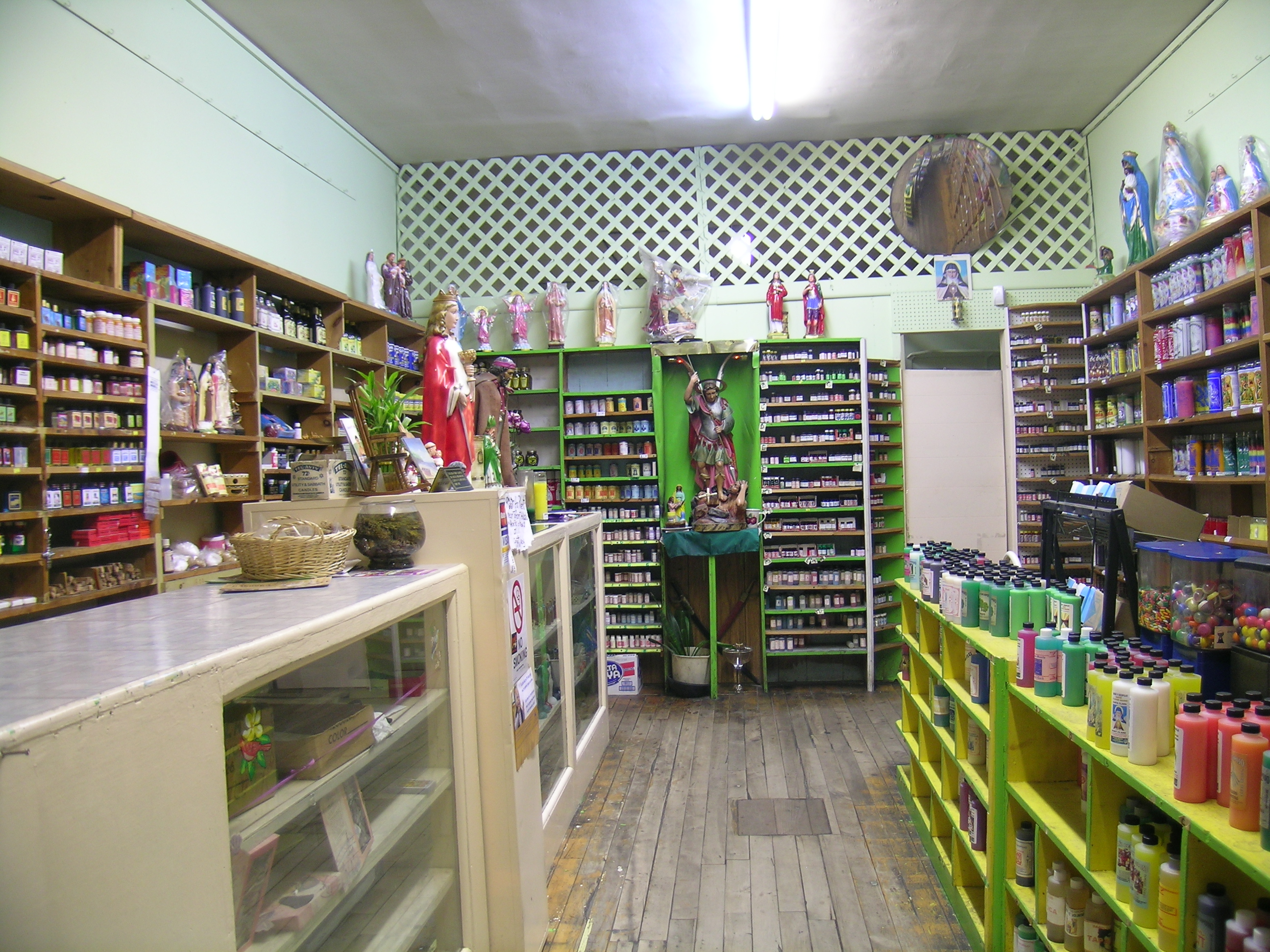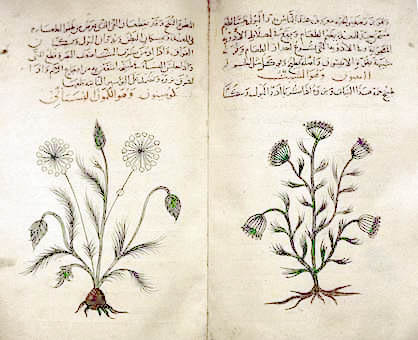|
Ethnopharmacy
Ethnomedicine is a study or comparison of the traditional medicine based on bioactive compounds in plants and animals and practiced by various ethnic groups, especially those with little access to western medicines, e.g., indigenous peoples. The word ''ethnomedicine'' is sometimes used as a synonym for ''traditional medicine''.Acharya, Deepak and Shrivastava Anshu: ''Indigenous Herbal Medicines: Tribal Formulations and Traditional Herbal Practices''. Aavishkar Publishers Distributor, Jaipur / India 2008, , p. 440. Ethnomedical research is Interdisciplinarity, interdisciplinary; in its study of traditional medicines, it applies the methods of ethnobotany and medical anthropology. Often, the medicine traditions it studies are preserved only by oral tradition. In addition to plants, some of these traditions constitute significant Human interactions with insects, interactions with insects on the Indian Subcontinent, in Human interactions with insects in Africa, Africa, or elsewhere ... [...More Info...] [...Related Items...] OR: [Wikipedia] [Google] [Baidu] |
Traditional Medicine
Traditional medicine (also known as indigenous medicine or folk medicine) comprises medical aspects of traditional knowledge that developed over generations within the folk beliefs of various societies, including indigenous peoples, before the era of modern medicine. The World Health Organization (WHO) defines traditional medicine as "the sum total of the knowledge, skills, and practices based on the theories, beliefs, and experiences indigenous to different cultures, whether explicable or not, used in the maintenance of health as well as in the prevention, diagnosis, improvement or treatment of physical and mental illness". Traditional medicine is often contrasted with scientific medicine. In some Asian and African countries, up to 80% of the population relies on traditional medicine for their primary health care needs. When adopted outside its traditional culture, traditional medicine is often considered a form of alternative medicine. Practices known as traditional medicines ... [...More Info...] [...Related Items...] OR: [Wikipedia] [Google] [Baidu] |
Medicinal Plant
Medicinal plants, also called medicinal herbs, have been discovered and used in traditional medicine practices since prehistoric times. Plants synthesize hundreds of chemical compounds for various functions, including Plant defense against herbivory, defense and protection against insects, fungi, Plant disease resistance, diseases, and herbivorous mammals. The earliest historical records of herbs are found from the Sumerian civilization, where hundreds of medicinal plants including opium are listed on clay tablets, c. 3000 BC. The Ebers Papyrus from ancient Egypt, c. 1550 BC, describes over 850 plant medicines. The Greek physician Pedanius Dioscorides, Dioscorides, who worked in the Roman army, documented over 1000 recipes for medicines using over 600 medicinal plants in ''De materia medica'', c. 60 AD; this formed the basis of pharmacopoeias for some 1500 years. Drug research sometimes makes use of ethnobotany to search for pharmacologically active substances, and this approac ... [...More Info...] [...Related Items...] OR: [Wikipedia] [Google] [Baidu] |
Éditions Albin Michel
Éditions Albin Michel is a French publisher. In January 2022, the new director is Anna Pavlowitch, the daughter of Paul Pavlowitch, Romain Gary and Jean Seberg's nephew. History It was founded in 1900 by Albin Michel. They published, first, Romain Rolland, Henri Barbusse, Roland Dorgelès, Henri Pourrat, Vercors, Robert Sabatier, and Didier Van Cauwelaert, Éric-Emmanuel Schmitt, Daphne du Maurier, Mary Higgins Clark, Stephen King or Thomas Harris. Critics In 2016,'' Le Monde'' criticized the publication of far-right authors as Éric Zemmour, Philippe de Villiers, Patrick Buisson. Robert Ménard, also published by the house and identified as far-right mayor, denounced a bad economic strategy to cancel their contract with Zemmour running for the 2022 French presidential election. Authors * Ramona Badescu * Philip K. Dick * Louis Lavelle * Emmanuelle Ménard * Robert Ménard * Éric Naulleau * Irène Némirovsky * Amélie Nothomb * Michel Onfray * Maxence Van Der Meer ... [...More Info...] [...Related Items...] OR: [Wikipedia] [Google] [Baidu] |
Traditional Medicine
Traditional medicine (also known as indigenous medicine or folk medicine) comprises medical aspects of traditional knowledge that developed over generations within the folk beliefs of various societies, including indigenous peoples, before the era of modern medicine. The World Health Organization (WHO) defines traditional medicine as "the sum total of the knowledge, skills, and practices based on the theories, beliefs, and experiences indigenous to different cultures, whether explicable or not, used in the maintenance of health as well as in the prevention, diagnosis, improvement or treatment of physical and mental illness". Traditional medicine is often contrasted with scientific medicine. In some Asian and African countries, up to 80% of the population relies on traditional medicine for their primary health care needs. When adopted outside its traditional culture, traditional medicine is often considered a form of alternative medicine. Practices known as traditional medicines ... [...More Info...] [...Related Items...] OR: [Wikipedia] [Google] [Baidu] |
Traditional Ecological Knowledge
Traditional ecological knowledge (TEK) describes indigenous and other traditional knowledge of local resources. As a field of study in Northern American anthropology, TEK refers to "a cumulative body of knowledge, belief, and practice, evolving by accumulation of TEK and handed down through generations through traditional songs, stories and beliefs. It is concerned with the relationship of living beings (including human) with their traditional groups and with their environment." It is important to note that indigenous knowledge is not a universal concept among various societies, but is referred to a system of knowledge traditions or practices that are heavily dependent on "place". Such knowledge is used in natural resource management as a substitute for baseline environmental data in cases where there is little recorded scientific data, or may complement Western scientific methods of ecological management. The application of TEK in the field of ecological management and science is s ... [...More Info...] [...Related Items...] OR: [Wikipedia] [Google] [Baidu] |
Shamanism
Shamanism is a religious practice that involves a practitioner (shaman) interacting with what they believe to be a Spirit world (Spiritualism), spirit world through Altered state of consciousness, altered states of consciousness, such as trance. The goal of this is usually to direct Non-physical entity, spirits or Energy (esotericism), spiritual energies into the physical world for the purpose of healing, divination, or to aid human beings in some other way. Beliefs and practices categorized as "shamanic" have attracted the interest of scholars from a variety of disciplines, including anthropologists, archeologists, historians, religious studies scholars, philosophers and psychologists. Hundreds of books and Academic publishing#Scholarly paper, academic papers on the subject have been produced, with a peer-reviewed academic journal being devoted to the study of shamanism. In the 20th century, non-Indigenous Peoples, Indigenous Westerners involved in countercultural movements, ... [...More Info...] [...Related Items...] OR: [Wikipedia] [Google] [Baidu] |
Pharmacognosy
Pharmacognosy is the study of medicinal plants and other natural substances as sources of drugs. The American Society of Pharmacognosy defines pharmacognosy as "the study of the physical, chemical, biochemical, and biological properties of drugs, drug substances, or potential drugs or drug substances of natural origin as well as the search for new drugs from natural sources". Description The word "pharmacognosy" is derived from two Greek words: ', (drug), and ''gnosis'' (knowledge) or the Latin verb '' cognosco'' (', 'with', and , 'know'; itself a cognate of the Greek verb , , meaning 'I know, perceive'), meaning 'to conceptualize' or 'to recognize'. The term "pharmacognosy" was used for the first time by the Austrian physician Schmidt in 1811 and by Anotheus Seydler in 1815 in a work titled ''Analecta Pharmacognostica''. Originally—during the 19th century and the beginning of the 20th century—"pharmacognosy" was used to define the branch of medicine or commodity scie ... [...More Info...] [...Related Items...] OR: [Wikipedia] [Google] [Baidu] |
Medicine
Medicine is the science and practice of caring for a patient, managing the diagnosis, prognosis, prevention, treatment, palliation of their injury or disease, and promoting their health. Medicine encompasses a variety of health care practices evolved to maintain and restore health by the prevention and treatment of illness. Contemporary medicine applies biomedical sciences, biomedical research, genetics, and medical technology to diagnose, treat, and prevent injury and disease, typically through pharmaceuticals or surgery, but also through therapies as diverse as psychotherapy, external splints and traction, medical devices, biologics, and ionizing radiation, amongst others. Medicine has been practiced since prehistoric times, and for most of this time it was an art (an area of skill and knowledge), frequently having connections to the religious and philosophical beliefs of local culture. For example, a medicine man would apply herbs and say prayers for healing, o ... [...More Info...] [...Related Items...] OR: [Wikipedia] [Google] [Baidu] |
Medical Research
Medical research (or biomedical research), also known as experimental medicine, encompasses a wide array of research, extending from "basic research" (also called ''bench science'' or ''bench research''), – involving fundamental scientific principles that may apply to a ''preclinical'' understanding – to clinical research, which involves studies of people who may be subjects in clinical trials. Within this spectrum is applied research, or translational research, conducted to expand knowledge in the field of medicine. Both clinical and preclinical research phases exist in the pharmaceutical industry's drug development pipelines, where the clinical phase is denoted by the term ''clinical trial''. However, only part of the clinical or preclinical research is oriented towards a specific pharmaceutical purpose. The need for fundamental and mechanism-based understanding, diagnostics, medical devices, and non-pharmaceutical therapies means that pharmaceutical research i ... [...More Info...] [...Related Items...] OR: [Wikipedia] [Google] [Baidu] |
Herbalism
Herbal medicine (also herbalism) is the study of pharmacognosy and the use of medicinal plants, which are a basis of traditional medicine. With worldwide research into pharmacology, some herbal medicines have been translated into modern remedies, such as the anti-malarial group of drugs called artemisinin isolated from '' Artemisia annua'', a herb that was known in Chinese medicine to treat fever. There is limited scientific evidence for the safety and efficacy of plants used in 21st century herbalism, which generally does not provide standards for purity or dosage. The scope of herbal medicine commonly includes fungal and bee products, as well as minerals, shells and certain animal parts. Herbal medicine is also called phytomedicine or phytotherapy. Paraherbalism describes alternative and pseudoscientific practices of using unrefined plant or animal extracts as unproven medicines or health-promoting agents. Paraherbalism relies on the belief that preserving various ... [...More Info...] [...Related Items...] OR: [Wikipedia] [Google] [Baidu] |
Ethnobotany
Ethnobotany is the study of a region's plants and their practical uses through the traditional knowledge of a local culture and people. An ethnobotanist thus strives to document the local customs involving the practical uses of local flora for many aspects of life, such as plants as medicines, foods, intoxicants and clothing. Richard Evans Schultes, often referred to as the "father of ethnobotany", explained the discipline in this way: Ethnobotany simply means ... investigating plants used by societies in various parts of the world. Since the time of Schultes, the field of ethnobotany has grown from simply acquiring ethnobotanical knowledge to that of applying it to a modern society, primarily in the form of pharmaceuticals. Intellectual property rights and benefit-sharing arrangements are important issues in ethnobotany. History The idea of ethnobotany was first proposed by the early 20th century botanist John William Harshberger. While Harshberger did perform ethnobotanical ... [...More Info...] [...Related Items...] OR: [Wikipedia] [Google] [Baidu] |
Ethnobiology
] Ethnobiology is the scientific study of the way living things are treated or used by different human cultures. It studies the dynamic relationships between people, biota, and environments, from the distant past to the immediate present.culture to the plant world"'' * in Great Britain, Britain (mid 1960s) with the publication of Claude Lévi-Strauss' book ''The Savage Mind'' legitimating "folk biological classification" as a worthy cross-cultural research endeavour * in France (mid 1970s) with André-Georges Haudricourt's linguistic studies of botanical nomenclature and R. Porteres' and others work in economic biology. Present (1980s–2000s) By the turn of the 21st century ethnobiological practices, research, and findings have had a significant impact and influence across a number of fields of biological inquiry including ecology, conservation biology, development studies, and political ecology. The Society of Ethnobiology advises on its web page: Ethnobiology is a rapidly ... [...More Info...] [...Related Items...] OR: [Wikipedia] [Google] [Baidu] |








.jpg)
